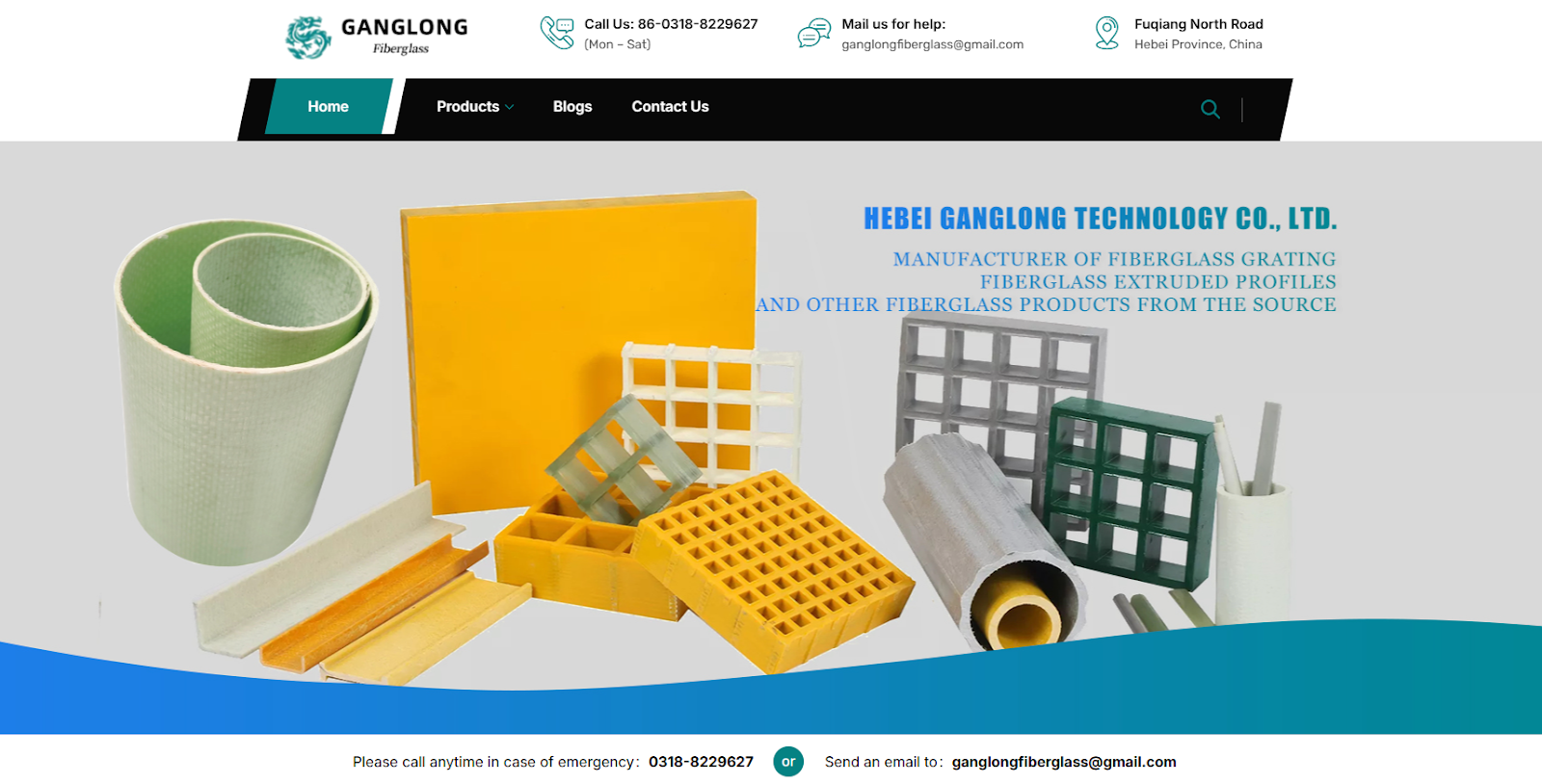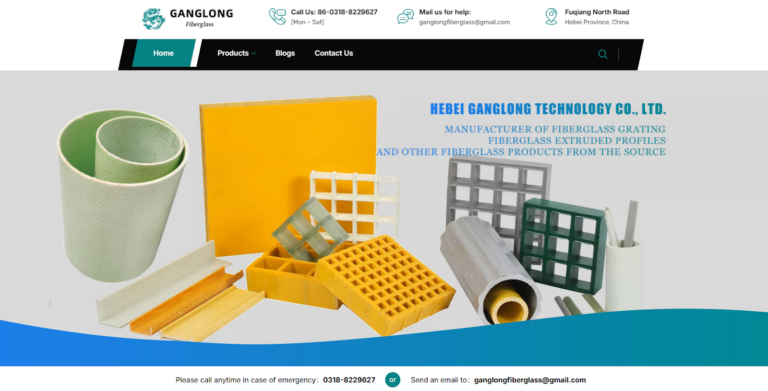Key Factors
Chopped Strand Mat (CSM) is a widely used material in composite manufacturing, offering excellent reinforcement properties in a variety of applications, such as mold making, repairs, construction, and small DIY projects. While CSM provides excellent value for its versatility, understanding its cost structure is crucial for businesses or individuals looking to incorporate it into their projects. The overall cost of CSM can vary depending on several factors, including the type, weight, and size of the mat, as well as the quantity purchased and the specific industry requirements. GangLong Fiberglass offers a range of cost-effective Chopped Strand Mat (CSM) products, designed to deliver high performance and durability at competitive prices, ensuring excellent value without compromising on quality. Below, we explore the key components that affect the cost of Chopped Strand Mat (CSM), offering insights for a more comprehensive cost analysis.

Type and Quality of CSM
The type and quality of CSM directly influence its cost. Different grades of CSM are available, which can be customized for various applications, such as mold making, marine construction, automotive parts, or cable ladder. Specialty Chopped Strand Mat, like stitched mats, which are compatible with epoxy resins, can be more expensive than standard CSM, as they offer enhanced performance and specific applications for high-performance composites. Additionally, high-quality CSM with better bonding properties may come at a higher price due to its superior material and manufacturing process.
- Standard CSM: Standard CSM is typically more affordable and is used in general composite applications where cost-effectiveness is a priority. For instance, CSM used in small DIY projects or repairs may be relatively inexpensive.
- Specialty CSM: Stitched CSM or high-performance mats designed for more demanding applications, such as marine composites, automotive parts, or cable ladders, tend to be more costly because of the additional processing required.
Weight and Thickness
The weight and thickness of the Chopped Strand Mat also play a crucial role in determining its cost. Chopped Strand Mat is available in various weights, ranging from light weights (e.g., 0.75 oz/ft²) for flexible applications to heavier weights (e.g., 3 oz/ft²) for increased strength and durability. Generally, heavier mats will cost more because they require more raw materials and provide better structural reinforcement.
- Lightweight CSM: Lighter CSM (e.g., 0.75 oz/ft²) is generally used in applications where flexibility and ease of handling are required, and it tends to be more affordable. It’s ideal for smaller projects like repairs or crafting molds for decorative items.
- Heavy-duty CSM: Heavier mats (e.g., 2 oz/ft² to 3 oz/ft²) are used in larger composite structures, such as boats, automotive parts, or cable ladders, where higher strength and durability are required. These heavier mats tend to be more expensive due to the increased material and manufacturing costs.
Roll Width and Length
The width and length of CSM rolls can significantly affect the overall cost, especially in larger projects where large quantities of material are required. CSM typically comes in rolls of varying widths (such as 38″, 41″, and 50″) and lengths (typically ranging from 80 to 120 yards). Wider and longer rolls provide more material per unit, but they also tend to be priced higher, although the cost per square foot may be more economical when purchasing in bulk.
- Standard Roll Sizes: CSM rolls that are 38″ to 50″ wide are typically the most common and are priced according to the width, length, and weight of the material. Smaller rolls may be priced at a premium per square foot but are ideal for smaller projects, while larger rolls provide a better cost-efficiency for extensive applications, such as in cable ladders or large-scale mold-making.
- Bulk Purchase: Purchasing CSM in bulk typically reduces the cost per unit of material. Industries that require large quantities of CSM, such as in construction or boat building, may find that buying in bulk yields significant savings.
Resin Compatibility and Additional Materials
The type of resin used with CSM can influence the overall project cost. CSM is often used with polyester, vinyl ester, or epoxy resins, and each resin has a different price point. For instance, epoxy resin, which is compatible with specialty stitched mats, is generally more expensive than polyester resin. If CSM is used for high-performance applications, such as in cable ladders or marine projects, the cost of epoxy resin and other reinforcement materials (such as fiberglass sheets) will add to the total cost.
- Polyester Resin: This is the most common and cost-effective resin used with CSM. It is ideal for applications like small repairs, mold-making, or projects requiring lower cost.
- Epoxy Resin: For high-performance applications requiring stronger bonding properties, epoxy resin is used. This resin tends to be more expensive and is often paired with specialty stitched mats for composite projects that require durability and strength, such as cable ladders or automotive components.
Labor and Handling Costs
Labor and handling costs can also contribute to the overall cost of using CSM. The process of cutting, laying, and laminating CSM can require skilled labor, especially for larger or more complex projects. The time required to prepare and apply CSM with resin, as well as the necessary equipment for cutting and laying the material, can add to the project’s total cost.
- Labor Costs: For intricate applications like cable ladders, which require precise cutting and laying of multiple layers of CSM and fiberglass sheets, the labor cost can be a significant portion of the total cost.
- Handling and Tools: The tools needed for handling CSM, such as cutting tools, brushes, and rollers, also add to the cost of the project. Some equipment may need to be rented or purchased if it is not already available, which increases the overall project cost.
